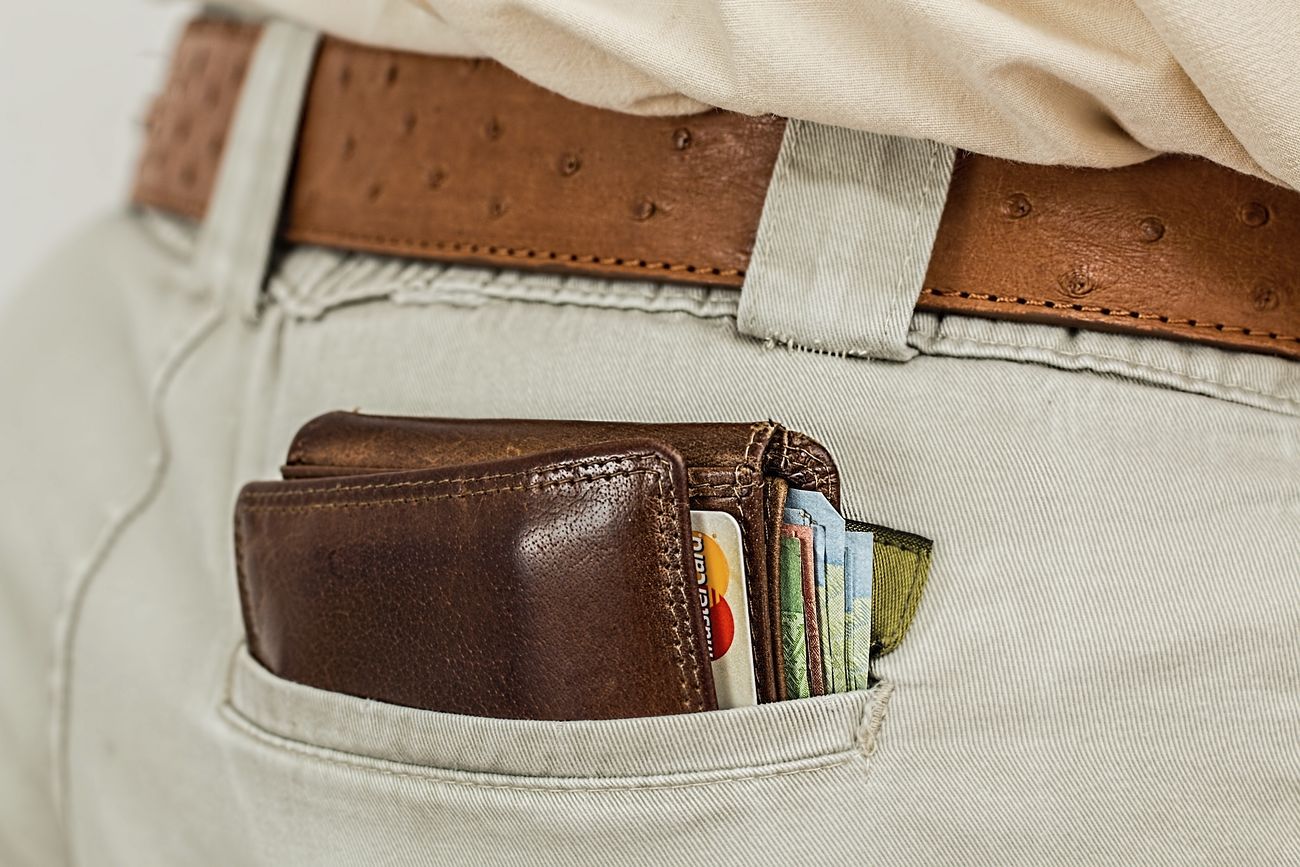
How often are you stressed about your finances? If it’s more than once-in-a-while, then you could have some financial problems. That’s nothing to be afraid of, as it affects millions of people around the world. There’s also a way to get rid of this, as there are multiple ways to help if you have financial problems.
Many of these can be recommended, as they’ll reduce any debts you have and help improve your finances. Three practical ways of going about this are sure to help. While they’ll take a bit of time, there shouldn’t be a reason not to focus on them.
Ways To Help If You Have Financial Problems: 5 Top Options
1. Know Your Financial Stressors
If you suffer from money anxiety, then you’ll have certain stressors that set it off or make it worse. Find out specifically what these are. By pinpointing these, you can figure out the best path forward to deal with them. When you’re doing this, make sure to:
- Make a list of your biggest stressors
- Work through your list as much as possible
- Revisit your list every few months as circumstances change
In time, you’ll find yourself getting less and less stressed. The trick to this is to actually work on your stressors once you know exactly what they are.
Image Credit: Pprasantasahooo from Pixabay.
2. Consider Outside Help
Speaking of working on your financial stressors, it could be worth getting professional help with it. If taxes are one of your bigger stressors, for example, Tax Law Advocates can help with it. Take the time to figure out exactly what you need help with and whether you can afford it.
Even government aid can be considered with this, and you could get more assistance than you would’ve thought. It’ll help remove debts and get rid of your financial problems before you know it. It’s always worth considering.
3. Make The Most Of Your Income
One of the more practical ways to help if you have financial problems is to make the most out of your money. Make sure it’s spent on the right areas and that you’re spending it properly. Know what your needs and wants are as much as possible.
Once you know these, start cutting down on your want-related expenses. You can then put the money toward paying down any debts you’ll have. Find as many ways to save money as you can and put it toward debt reduction. In time, you’ll have everything paid off and can loosen up your belt a bit.
4. Know Your Budget
As mentioned above, you’ll need to know what your daily needs and wants are so you can start cutting down on your expenses. To do that, you’ll need to know the ins-and-outs of your budget. Spend a decent amount of time figuring this out and putting everything down.
While some costs will vary from month to month, you should have a general indication of what your income and expenses are. Once you know these, you can figure out whether you’re overspending and where you can cut down. Take an in-depth look at this to see what’s what.
As already mentioned, trim down on your wants as much as you can. It could even be worth completely removing these until you have your debts paid off.
5. Pay Off Debts Strategically
Speaking of paying off your debts, you should be as strategic as possible with this. Taking a scattershot approach and trying to pay off everything at once mightn’t actually work. While you should always make the minimum payments on all your debts, try to focus on paying off one or two at a time.
These will be the ones you pay more than the minimum amount on. By paying extra, you can clear these debts much faster and start paying off other ones. It reduces your financial problems one-by-one until you’re completely debt-free. While this takes time, it’ll be worth it. Try tackle debts with the highest interest payments first to save on some money.
Ways To Help If You Have Financial Problems: Wrapping Up
You can find countless ways to help if you have financial problems, with some being more appropriate for you than others. It’s worth using as many of them as you can. Making the most of your income, considering outside help, and knowing your specific stressors are the first steps you’ll need to take.
With a little time and effort, you’ll reduce your debts and improve your finances. You should have less and less to worry about.


